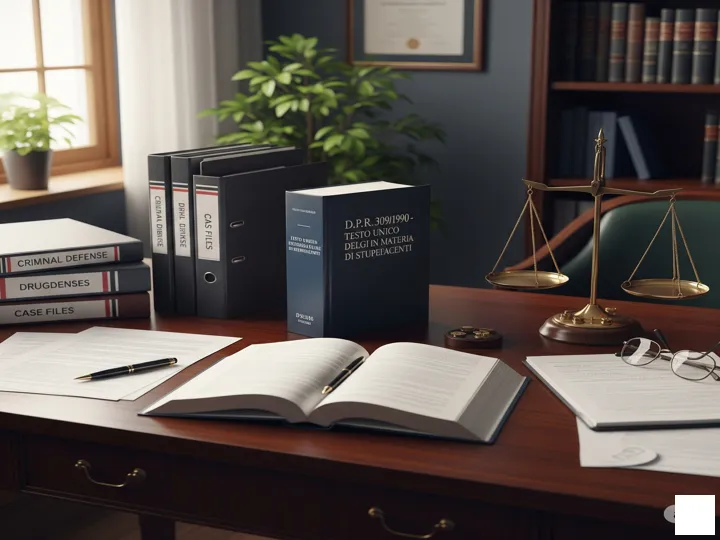In recent years, cross-border criminal proceedings have increased significantly, creating legal uncertainty for defendants and suspects. When investigations involve multiple countries, local laws alone are not enough — specialized knowledge of international conventions and legal cooperation mechanisms is essential.
Transnational crimes: what they are and why they require specific expertise
More than just national criminal law
The most common international cases include:
- international money laundering,
- online fraud and cybercrime,
- illegal trafficking of goods or substances,
- corporate crimes with cross-border implications.
In these scenarios, knowing only domestic criminal codes is insufficient. A proper defense requires mastery of:
- international conventions (e.g., Palermo Convention, Budapest Convention),
- mutual legal assistance procedures,
- extradition and cross-border evidence gathering.
The lawyer’s role in complex international criminal cases
A multi-jurisdictional, coordinated defense
Hiring a criminal defense lawyer with international experience ensures the ability to:
- assess legal risks across multiple jurisdictions,
- coordinate directly with foreign authorities,
- manage defense strategies across parallel proceedings.
This allows for a structured and coherent legal defense, minimizing the risk to the defendant’s freedom, assets, and reputation.
Timing is everything
A strong defense begins immediately
In cross-border cases, delaying your legal response can worsen your position. Even something that seems minor, such as:
- a request for information from a foreign prosecutor,
- or an informal inquiry or summons,
must be handled promptly and strategically. The initial stages are often decisive for the outcome of the case.
Criminal justice is also a matter of legal context
Adapting to different systems while protecting fundamental rights
Each country applies its criminal laws differently. A good international defense lawyer must:
- navigate procedural differences,
- ensure the defendant’s rights are respected even in less protective systems,
- tailor the legal approach to the cultural and legal context of the case.
In short, defending clients in international criminal matters requires readiness, strategic vision, and deep legal knowledge.







